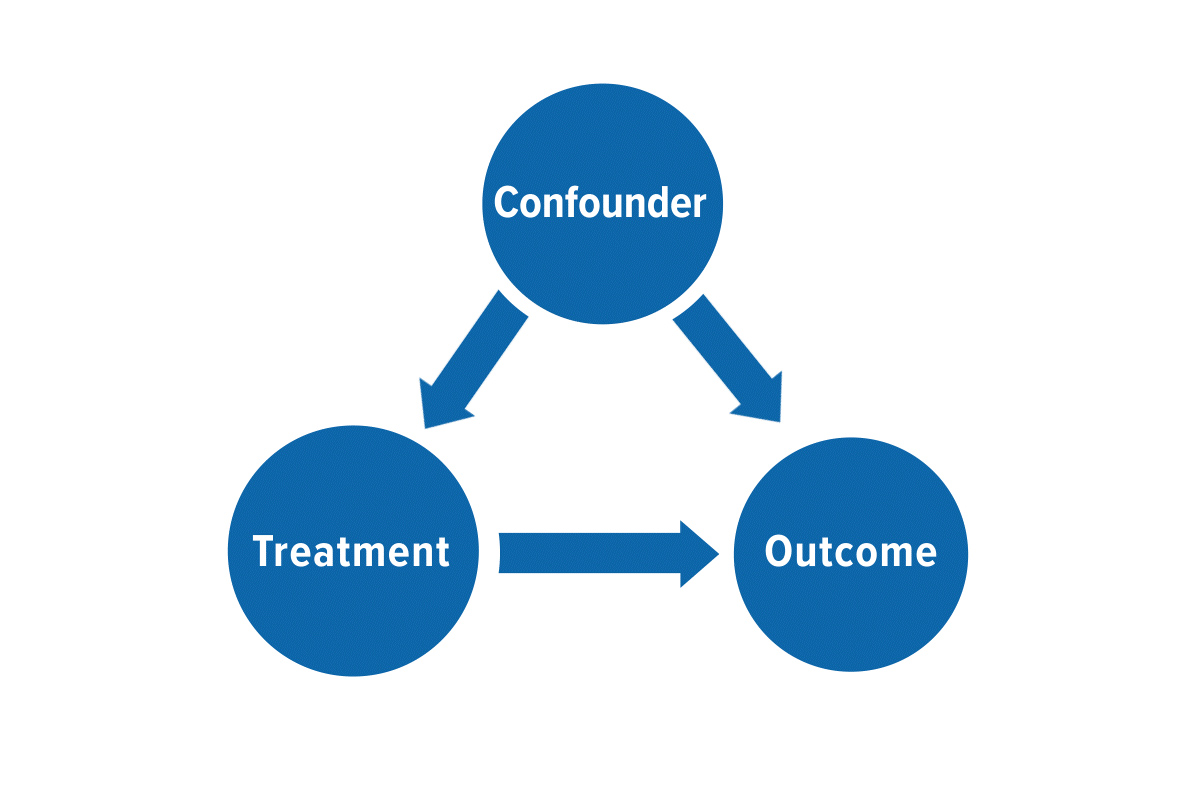Among the hurdles for making your healthcare interventions available to patients is being able to meet regulatory requirements for estimating the product's safety and/or effectiveness using real-world data (RWD). This most often involves causal inference exercises and faces the usual challenges of analyzing RWD, including confounding (baseline and after baseline) and proper time zero specification. We have experts who specialize in applying the target trial emulation framework to tackle these challenges. This approach starts by specifying the hypothetical pragmatic randomized trial (i.e. the “target trial”) that would answer your research question. At this stage, we engage with professionals from diverse backgrounds such as clinicians, trialists, and data holders. Once the target trial has been specified, we attempt to emulate it using RWD. Such emulation may be methodologically simple, or it may require advanced epidemiological methods. Either way, we have you covered.
Advancing the Science
We enjoy what we do and strive to contribute to the field by leading or contributing to independent collaborative research. We have conducted studies focused on applications of the target trial emulation framework when exposures are sustained over time and thus require more involved methods than usual. To help researchers new to the methodology, our experts are collaborating on the development of guidelines for reporting results of target trial emulation studies. We are partnering with external researchers to apply the target trial framework using diverse types of real-world data. See examples of studies we have conducted using various data sources:
- Electronic medical records
- Administrative healthcare claims
- Disease-specific clinical registries
- Linkages of claims and registries
Sharing our Knowledge
We are committed to being a resource for advancing epidemiological knowledge at all levels. We regularly participate as speakers at top scientific meetings and author articles to help researchers navigate their way through the emulation of target trials, with emphasis on limitations and best practices. Our experts have spearheaded teaching initiatives—including developing courses in response to proposals by public entities and developing materials to meet specific needs for diverse clients and research partners such as:
- Interactive materials to train professionals without a background in epidemiology.
- Sessions on specific analytic and design features for a clinical audience.
- Workshops used for internal training of general competencies.
- Seminars used to enhance competence in advanced methods as a preparation for the development of complex projects.






